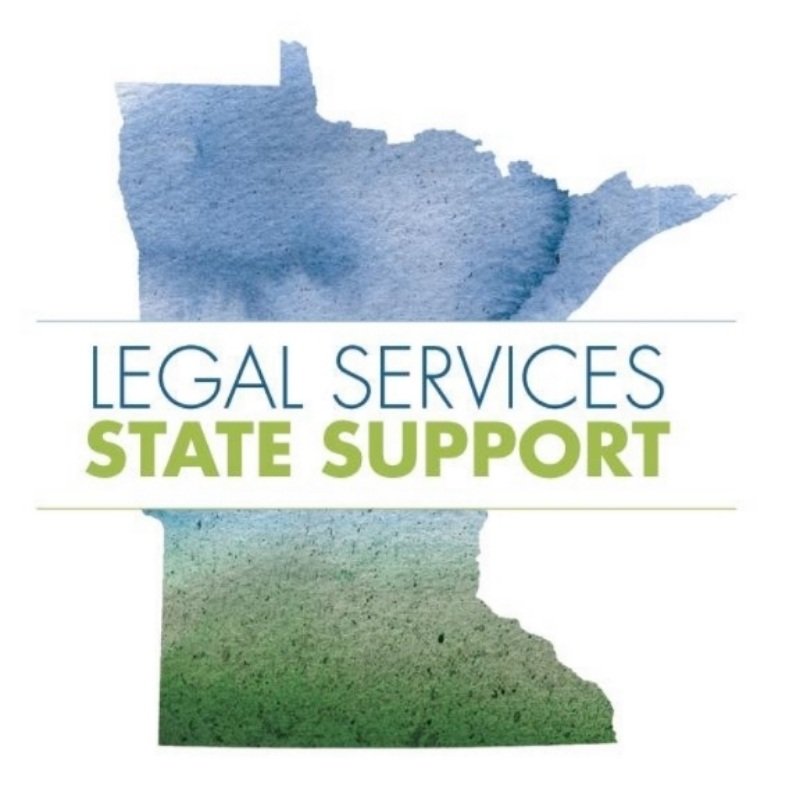This spring, Legal Assistance of Olmsted County (LAOC) marks a major milestone: 50 years of providing meaningful access to justice for those who need it most. Since 1973, LAOC staff, volunteer lawyers, and board members have helped thousands of people navigate the legal system. LAOC is one of only two single-county legal organizations in Minnesota helping residents with low incomes resolve critical life-altering legal issues.
In recognition of its five decades of service, LAOC hosted a ribbon-cutting with the Rochester Area Chamber of Commerce on March 23 and will also hold a year-long fundraising campaign with the goal of raising $50,000 to support its critical work. LAOC assisted more than 2,400 people in 2022 but continues to maintain a waitlist.
“Now more than ever legal aid is critical for those in need,” said executive director Karen Fairbairn Nath. “The pandemic impacted our communities of color, especially those in poverty disproportionately. The incredible increase in applications to LAOC since March 2020 reflects that.”
As part of the celebration, LAOC recently unveiled its new website and logo where applicants and the public can learn more about its services, eligibility criteria, volunteer opportunities and more.




